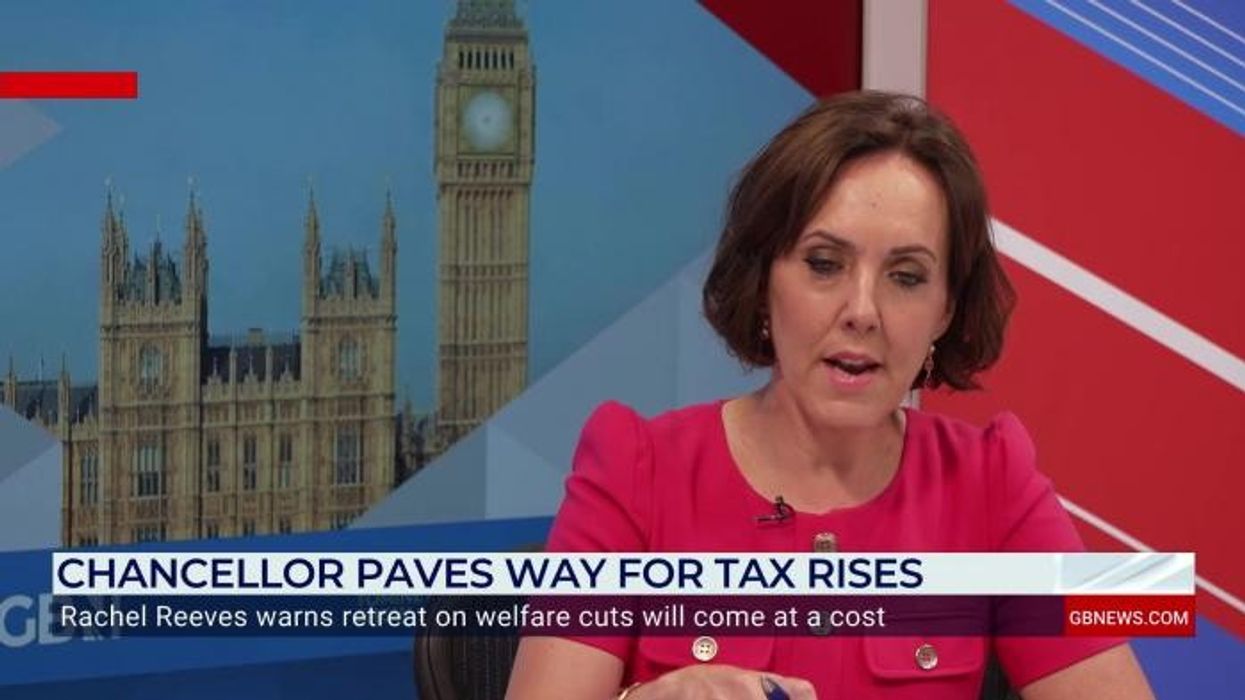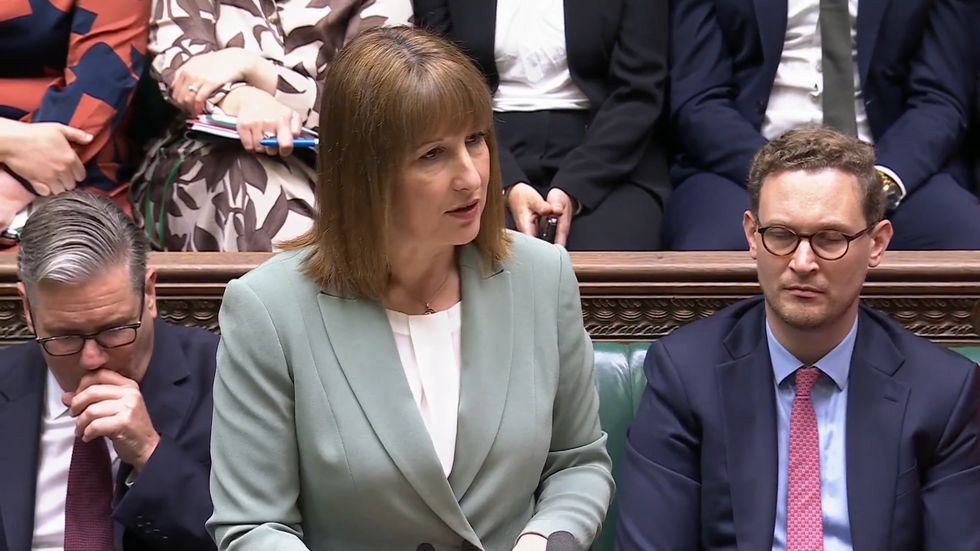Inheritance tax update: Britons urged to apply for HMRC refund and avoid 'nasty shock' bill

GB NEWS

More households are set to become liable for inheritance tax following recent changes announced by Rachel Reeves
Don't Miss
Most Read
More than 18,000 inheritance tax (IHT) refund claims have been submitted by UK families over the past three years, according to new data obtained by financial advisory firm NFU Mutual.
The figures, revealed through a Freedom of Information (FoI) request, show that 12,915 reclaims related to property sales occurred between April 2022 and April 2025.
Property-related reclaims have surged by 65 per cent between the tax year ending April 2023 and the tax year ending April 2025.
The data highlights how executors are increasingly seeking refunds when assets are sold for less than their valuation at the time of death.

The Chancellor's inheritance tac changes are under fire
| POOLIHT is calculated based on an estate's value at the date of death, being charged at 40 per cent if exceeding £325,000, with payment typically required within six months.
When executors subsequently sell assets for less than their death valuation, they can claim a refund from HMRC for the overpaid tax.
However, the refund process is not automatic and must be actively pursued by executors.
Refunds are available if property is sold within four years of death, whilst shares and other qualifying investments must be sold within 12 months to qualify.
Do you have a money story you’d like to share? Get in touch by emailing money@gbnews.uk.
 Britons could apply for an inheritance tax refund to avoid a 'nasty' bill | GETTY
Britons could apply for an inheritance tax refund to avoid a 'nasty' bill | GETTY The reclaim process offers families an opportunity to recover potentially significant sums during an already difficult period.
Sean McCann, chartered financial planner at NFU Mutual, said: "A large inheritance tax bill can be a nasty shock for grieving families. These figures show that more and more people are waking up to the possibility that they could reclaim overpaid inheritance tax."
He added: "Considering the buoyant housing market, it's surprising to see more than 12,915 reclaims have been made on the sale of property in the last three years."
McCann explained this could result from properties being overvalued on inheritance tax returns or deterioration between death and sale.
The data also revealed 5,096 reclaims where executors sold shares or qualifying investments following value declines over the three-year period.
McCann advised: "During times of market volatility it's important families check whether they can reclaim inheritance tax, in some circumstances it can amount to thousands of pounds."
LATEST DEVELOPMENTS:
 From 2027, pension pots will no longer be exempt from inheritance tax | GETTY
From 2027, pension pots will no longer be exempt from inheritance tax | GETTY He explained that executors must include all qualifying investments sold within 12 months in their claim, not just those that decreased in value.
"It may be more advantageous for the executors to pass the shares or investments that have increased in value direct to the beneficiaries rather than sell them," McCann said.
This strategy ensures claims focus solely on assets that have fallen in value, maximising the refund amount.
Inheritance tax receipts reached £8.2billion in 2024-25, representing an 8.5 per cent increase from the previous year.










